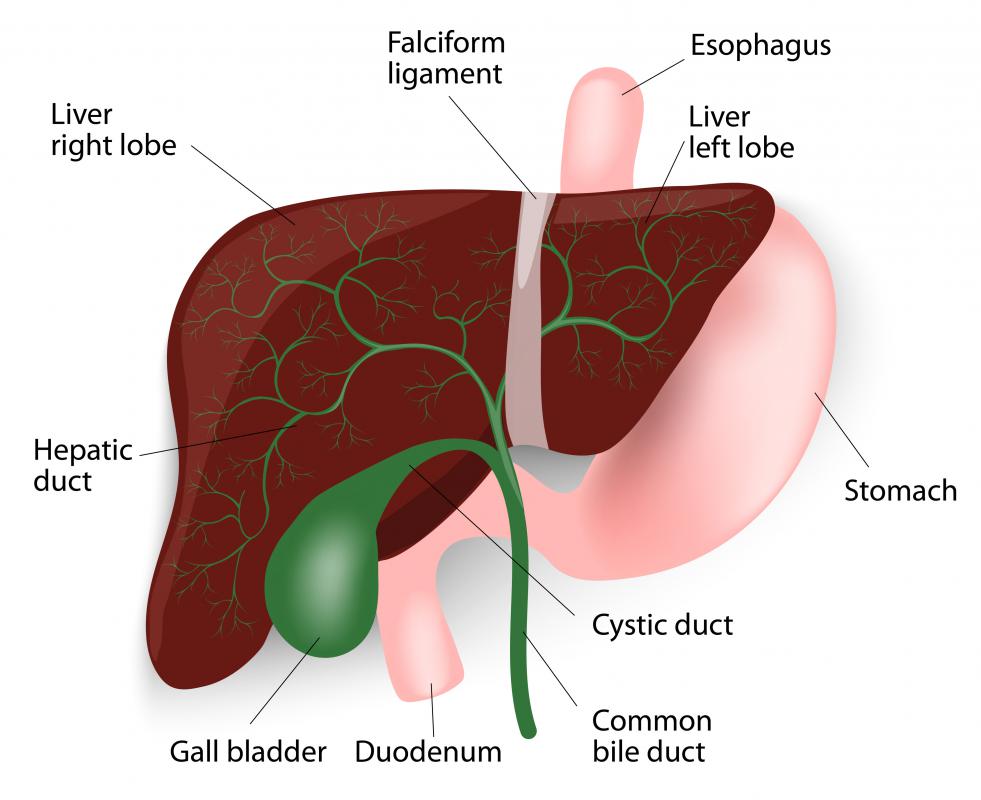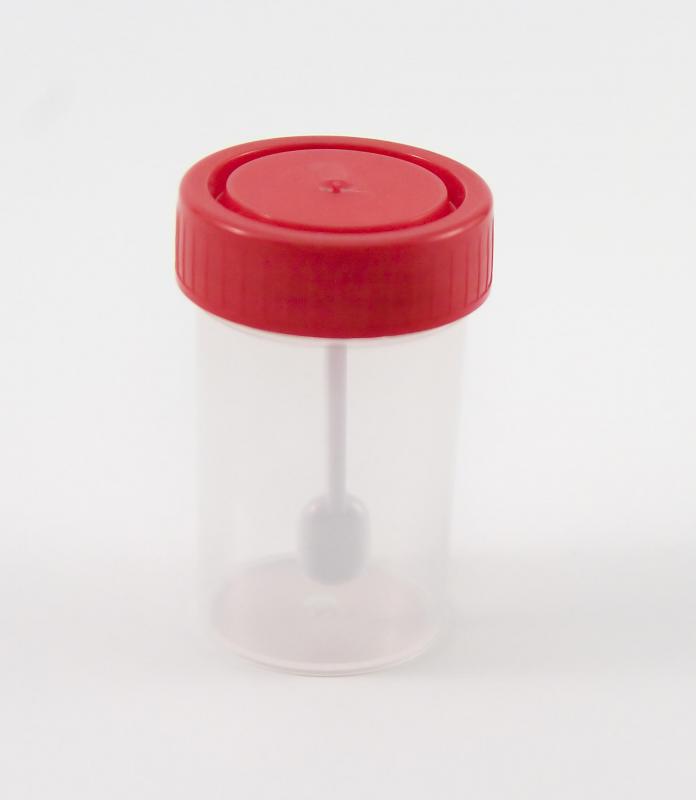At TheHealthBoard, we're committed to delivering accurate, trustworthy information. Our expert-authored content is rigorously fact-checked and sourced from credible authorities. Discover how we uphold the highest standards in providing you with reliable knowledge.
What Is Triclabendazole?
Triclabendazole is a drug that may be used in humans, but is more commonly used in herd animals. Typically, its role is as a treatment for a disease called fascioliasis, which is caused by liver flukes. While cows, sheep and goats are the usual populations in which the fluke is found, people can also pick it up, especially in regions that lack sufficient clean water supplies. Although human use is approved in some countries, others, like the U.S. and Canada, do not allow it. Possible side effects of triclabendazole use, as of 2011, appear to be restricted to temporary digestive tract issues.
Fascoliasis is a disease that is caused by worms, generally of the Fasciola and Fascioloides species. Paragonimiasis is another fluke disease that can be treated with triclobendazole, which is caused by Paragonimus species. These worms infect herd animals and can contaminate the environment, passing to humans through unwashed and uncooked vegetables. Animals infected with fascoliasis and paragonimiasis can receive treatment with triclabendazole, and those animals in the same herd may also receive it in case they have contracted the disease. Humans normally only receive triclabendazole when they are diagnosed with infections like fascoliasis, and this is most common in regions such as the Andes, Egypt and Iran.

The flukes that cause fascoliasis and paragoniasmus go through various stages in their lifecycle, from tiny egg to adult worm. Triclabendazole can kill all stages of the fluke from the point when the immature worm comes out of the egg up to the adult stage, but it cannot kill the egg itself. This is due to its particular mode of action, which involves breaking down the structure of the worm and interfering with its ability to make proteins. These effects also prevent the fluke from moving around the body, as the structural components that help it move are affected.

As of 2011, triclabendazole does not appear to produce any serious side effects in people, apart from effects that are a result of the dead flukes clogging up the body; this especially occurs in areas such as the bile duct, which is connected to the liver. Recognized intrinsic side effects commonly involve the gastrointestinal tract, such as diarrhea, but these pass with time. People who undergo treatment with triclabendazole may need to supply samples like stool samples to their doctor after a course of the drug to check that the medication is clearing the infection.
AS FEATURED ON:
AS FEATURED ON:














Discuss this Article
Post your comments